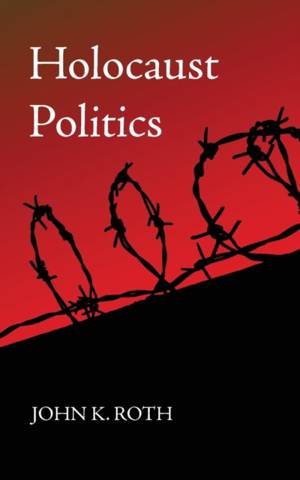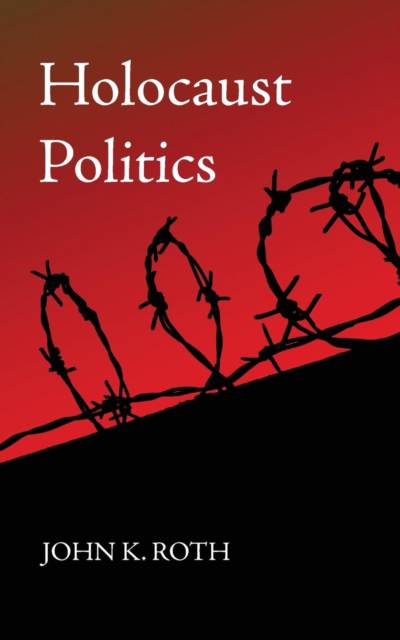
- Afhalen na 1 uur in een winkel met voorraad
- Gratis thuislevering in België vanaf € 30
- Ruim aanbod met 7 miljoen producten
- Afhalen na 1 uur in een winkel met voorraad
- Gratis thuislevering in België vanaf € 30
- Ruim aanbod met 7 miljoen producten
Zoeken
Omschrijving
More than half a century after Nazi Germany's genocidal assault on the Jewish people, the Holocaust grips our attention as never before, raising hotly-debated questions: How is the Holocaust best remembered? What are its lessons? Who gets to answer those questions? Who owns the Holocaust? Those issues provoke disagreements that can be cutthroat or constructive. Taking its point of departure from the controversy that swirled around John Roth's aborted appointment as director of the Center for Advanced Holocaust Studies, a senior post at the US Holocaust Memorial Museum in Washington, DC, Holocaust Politics shows how contemporary attitudes and priorities compete to determine that all-important difference.
Specificaties
Betrokkenen
- Auteur(s):
- Uitgeverij:
Inhoud
- Aantal bladzijden:
- 376
- Taal:
- Engels
Eigenschappen
- Productcode (EAN):
- 9781498283366
- Verschijningsdatum:
- 18/02/2016
- Uitvoering:
- Paperback
- Formaat:
- Trade paperback (VS)
- Afmetingen:
- 127 mm x 203 mm
- Gewicht:
- 385 g

Alleen bij Standaard Boekhandel
+ 138 punten op je klantenkaart van Standaard Boekhandel
Beoordelingen
We publiceren alleen reviews die voldoen aan de voorwaarden voor reviews. Bekijk onze voorwaarden voor reviews.











